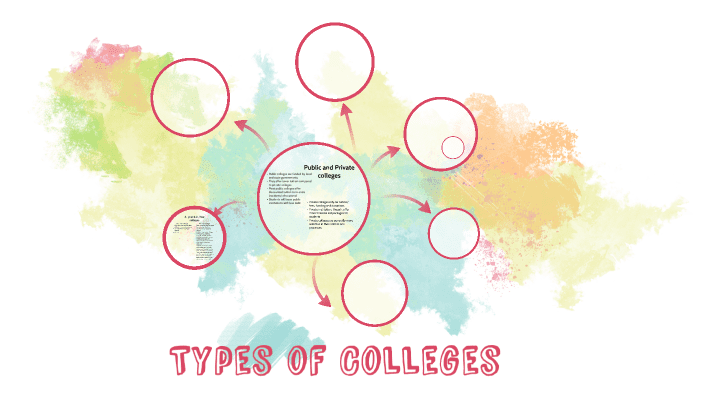
An Introduction to the UCAS.
The United Kingdom is the country with the second highest number of universities in the QS World University Rankings top 100, only beaten by the United States. It is then perhaps no surprise that the UK also has the second highest number of international students who apply to its universities every year. Any prospective student will find out that UCAS plays a central role in their application to college, so this article will provide you with an introduction to this organisation.
In a nutshell…
UCAS stands for Universities and Colleges Admissions Service, although everybody just calls it UCAS. It is the only way in which students can apply to most of the universities in the UK. There are a few private universities, such as the University of Buckingham, that will accept applications through UCAS or directly, and others, such as the London Interdisciplinary School, which you can currently only apply to directly.
UCAS provides a centralised service for both students and universities, with the whole process being conducted online through its portal. In addition to the application itself, UCAS also provides a massive amount of information about universities, topics related to Higher Education, and even starting your first job.
How does it work?
At its heart, UCAS is an application portal. You enter your details, your school adds some additional information, which is then sent to the colleges’ location you want to apply to. In turn, those colleges look at the information you and your school have provided and make their decision whether to offer you a place or not, You can find out their decision through your UCAS account.
One of the challenges for students, particularly those used to the almost limitless college lists frequently applied to in the US, is that you can only select five universities to receive your application. The effect of this is that you need to be certain that the universities on your list are ones that you are keen to attend and that your predicted grades are likely to be at the level they are looking for.
There are a few rules linked to the choice of your five universities that you need to be aware of. Firstly, you can only apply to Oxford OR Cambridge, the argument for this seems to be along the lines that if you are good enough for one, you would be good enough for both, so make your choice when you apply and don’t waste peoples time by submitting them to two interviews, etc.
The other rule is that you can only apply to a maximum of four courses in areas such as medicine, dentistry, or veterinary science. You can use your final choice for a related course or another course from the restricted group. For example, if you select four medical courses, you could then choose to do biological sciences or veterinary science for your final choice.
Read More: Oberlin College
The Personal Essay
All students need to complete an essay, or a Personal Statement in UCAS speak, as part of their application. For most people, this is the most time-consuming part of the process. Your Personal Statement needs to be both unique and personal, there are both line and character limits that you can’t exceed, 4,000 characters including spaces. Some changes have been introduced for the 2026 applications.
UCAS’s Five Steps to Admissions Reform | Ivy Central
Key UCAS Deadlines
There are several deadlines you need to be aware of before you start your university application. Some of these dates remain the same, irrespective of what day of the week they fall, while others will move by a few days each year.
Annual Timeline
-
Early September – Applications open
-
15 October – Deadline for:
-
Oxford and Cambridge
-
Medicine, Dentistry, Veterinary Science
-
-
15 January – Deadline for all other undergraduate courses
-
31 March – Early decision deadline
-
Early May – Universities confirm offers for January applications
Offers and acceptance
When universities have considered your application, you will be notified, either directly by an email from the university or through your UCAS account. You will be told that you:
-
Have been accepted unconditionally
-
Have been accepted on the condition that you meet certain requirements
-
You have not been accepted
If you receive an unconditional offer, then congratulations, you’re in, barring a complete disaster. More common is a conditional offer where your place on the course is dependent on meeting certain requirements. These requirements usually revolve around achieving set grades in your final exams, which might be an overall score but will often include specific grades in set subjects. This is the harsh bit! Miss those grades by even the smallest of margins, and the university can withdraw them from a place.
For international students, the other condition that may be required to secure your place is demonstrating proficiency in English. As part of the application non non-English speakers need to submit their score in English language tests like IELTS. If that score is a little below what is expected, the university may make you an offer,r provided you sign up to attend a pre-course English language course.
Hopefully, come late spring, you will be holding a handful of offers for different courses and be in the position of having to choose which you want to confirm. You can select one of your offers to be your Firm Acceptance. If your Firm Acceptance is a conditional offer, you can accept a second offer as your Insurance Acceptance; all other offers will have to be declined. Normal practice is that your Firm Acceptance would be your first choice university, while your Insurance Acceptance will have offered a slightly lower acceptance offer. That way, if you don’t do as well as expected in your final exams, you will hopefully still be able to get into your insurance university.
What happens if you don’t get any offers?
All is not lost. If you miss the application deadline, don’t get any offers, or don’t meet the grade requirements of your conditional offer, then you can enter Clearing.
Clearing starts in early July and runs through until mid-October. It’s a process where colleges with spaces in courses can make them available to students without offers. The UCAS website has a full list of courses with spaces and what their requirements are, or you can go directly to the University to see what they have. Once you know what you want to apply for and where, it is a question of contacting the university to see if they will accept you. The whole process can be a bit frantic and frustrating at times, but it works, and every year, thousands of students find places ready to start in September.






